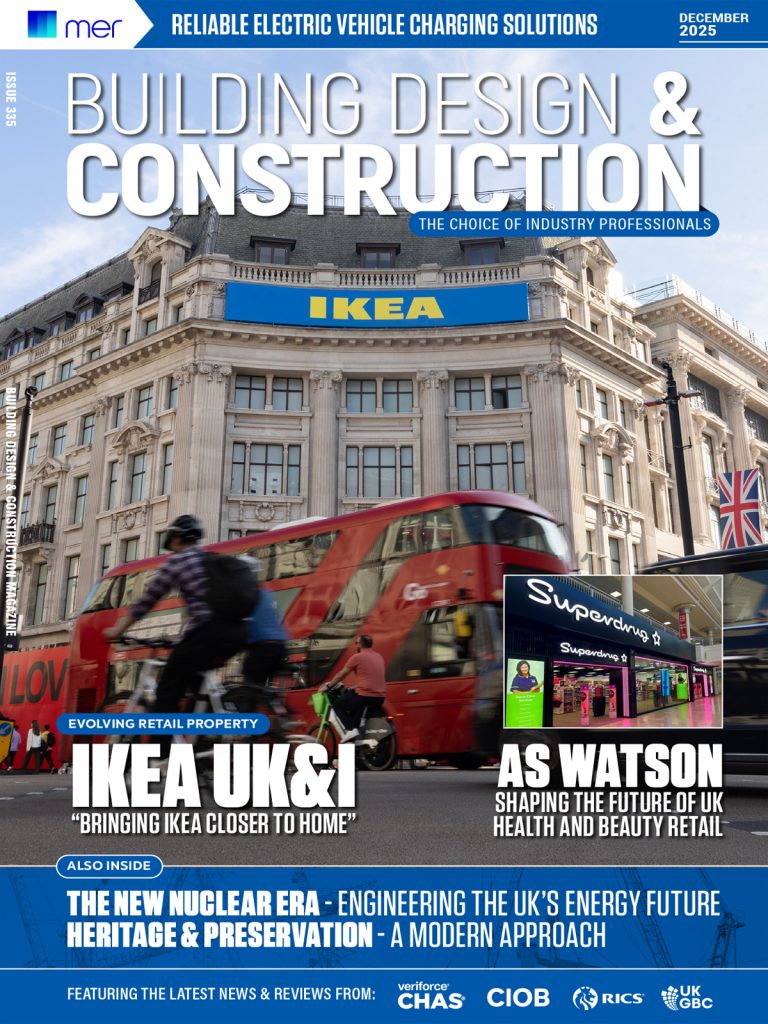There are several government proposals on the table signalling a transition from where we are today to net zero 2050.
Technical solutions have not been decided, but there is talk of certain technologies favoured for carbon reduction – among these are hydrogen-ready boilers and heat pumps.
In the short term, it is likely we will see carbon free gases such as hydrogen and bio methane introduced into the current gas grid, neither of which would require home appliances to be replaced. However, should the hydrogen blend exceed 20%, which it eventually will, a hydrogen-ready boiler would need to be installed.
100% hydrogen blend may not be possible for another 10 to 15 years, so in the interim it is likely that government policy will legislate only hydrogen-ready boilers can be placed onto the market from as soon as 2025 – effectively future-proofing existing homes in the UK.
Positively, hydrogen-ready boiler installations are simple and straight forward. They connect to the existing gas grid, look like any boiler we see today, the installation process is the same, and will run on natural gas until hydrogen becomes available. At this point, it takes an hour of an engineer’s time and two or three components before the boiler is ready to run on 100% hydrogen.
I expect some social housing providers might wish to move forward with this before hydrogen comes online.
Heat pumps are another solution to reducing carbon. They are not the easiest of technologies to install, as changes will generally need to be made to the heating and hot water system, as well as the very fabric of the property. While some are pioneering these technologies into existing homes, others may wait until government policy becomes firmer.
There may be a middle ground where a gas boiler is supplemented by the installation of an air to water heat pump, a hybrid system which is very common in parts of Europe. We expect there to be various solutions, if not already there, available over time.
The general trend of the country, in fact, the world, is to reduce carbon – this is one of the biggest challenges that anybody with housing stock faces.
Martyn Bridges is Director of Technical Communication and Product Management at Worcester Bosch





